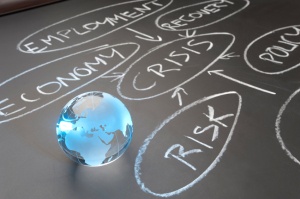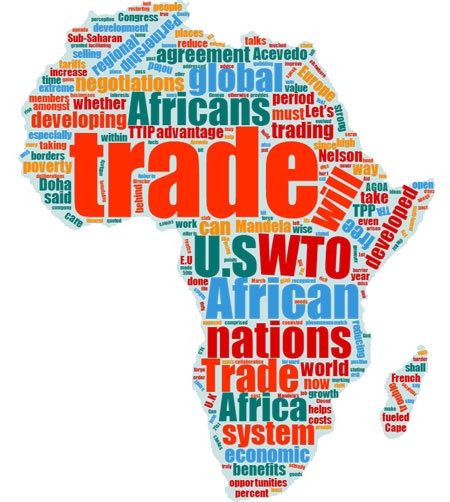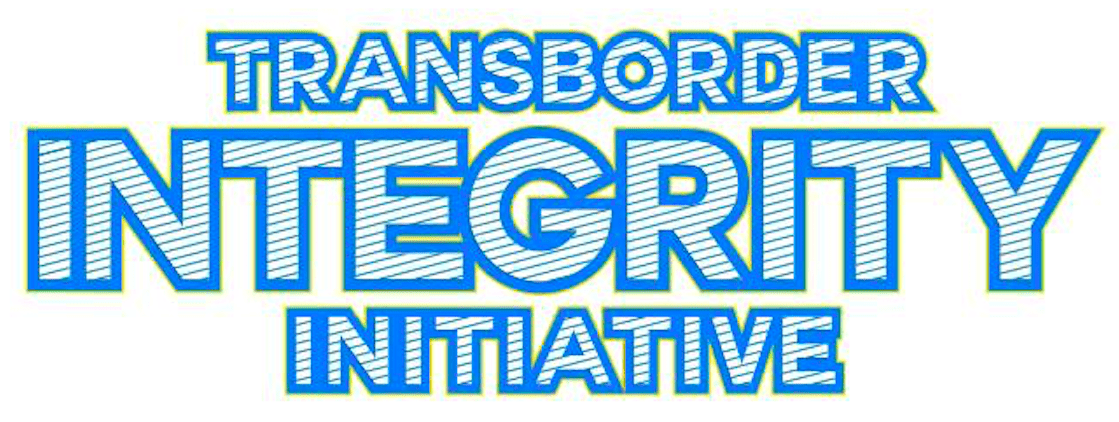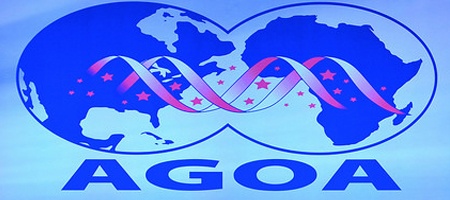Anti-corruption (Foreign Corrupt Practices Act (FCPA))
 Evelyn led teams of lawyers, forensic accountants, government affairs and crisis management public relations professionals in representing a client in numerous investigations concerning the U.N. Oil-for-Food Programme. This included representation before the U.N. Volcker Committee and various U.S. Congressional Committees as well as other enforcement and investigative bodies. She counsels clients on compliance with the FCPA and other anti-corruption laws and is active in the anti-corruption bar especially in regard to matters concerning Customs and the global supply chain. She is a thought leader on the interrelationship between implementation of the WTO Trade Facilitation Agreement and the need to address the demand side of corruption at the border.
Evelyn led teams of lawyers, forensic accountants, government affairs and crisis management public relations professionals in representing a client in numerous investigations concerning the U.N. Oil-for-Food Programme. This included representation before the U.N. Volcker Committee and various U.S. Congressional Committees as well as other enforcement and investigative bodies. She counsels clients on compliance with the FCPA and other anti-corruption laws and is active in the anti-corruption bar especially in regard to matters concerning Customs and the global supply chain. She is a thought leader on the interrelationship between implementation of the WTO Trade Facilitation Agreement and the need to address the demand side of corruption at the border.



